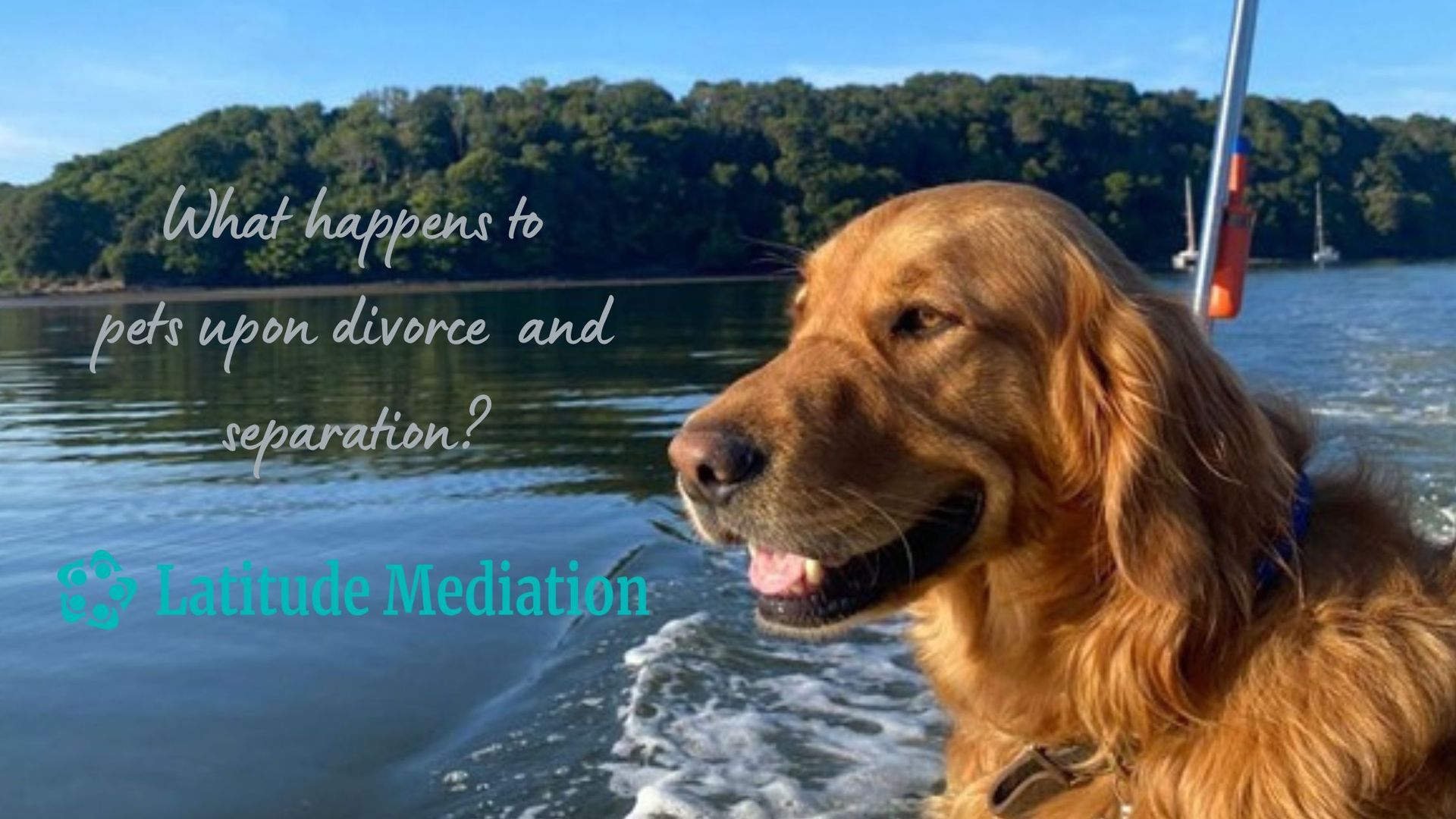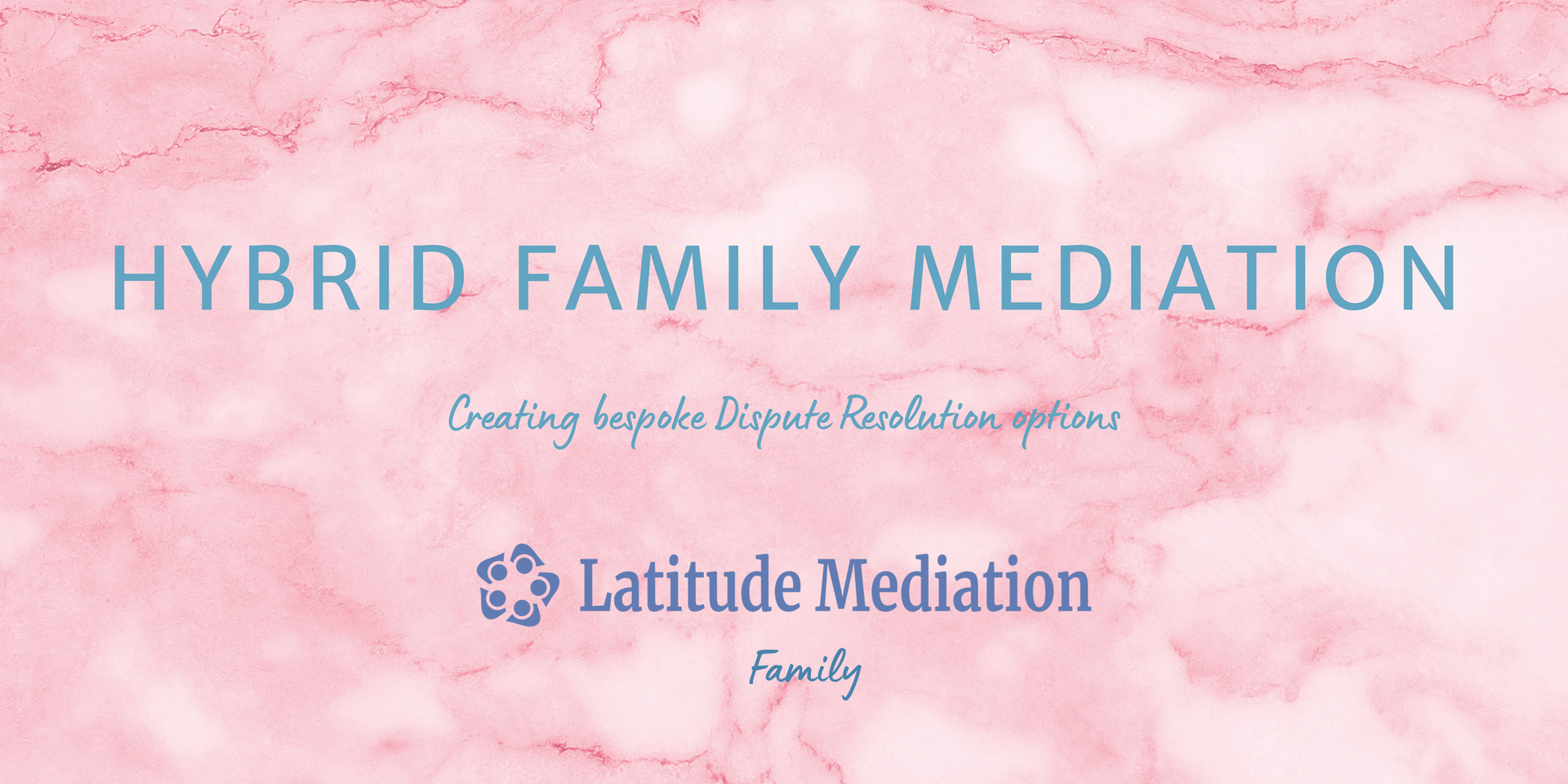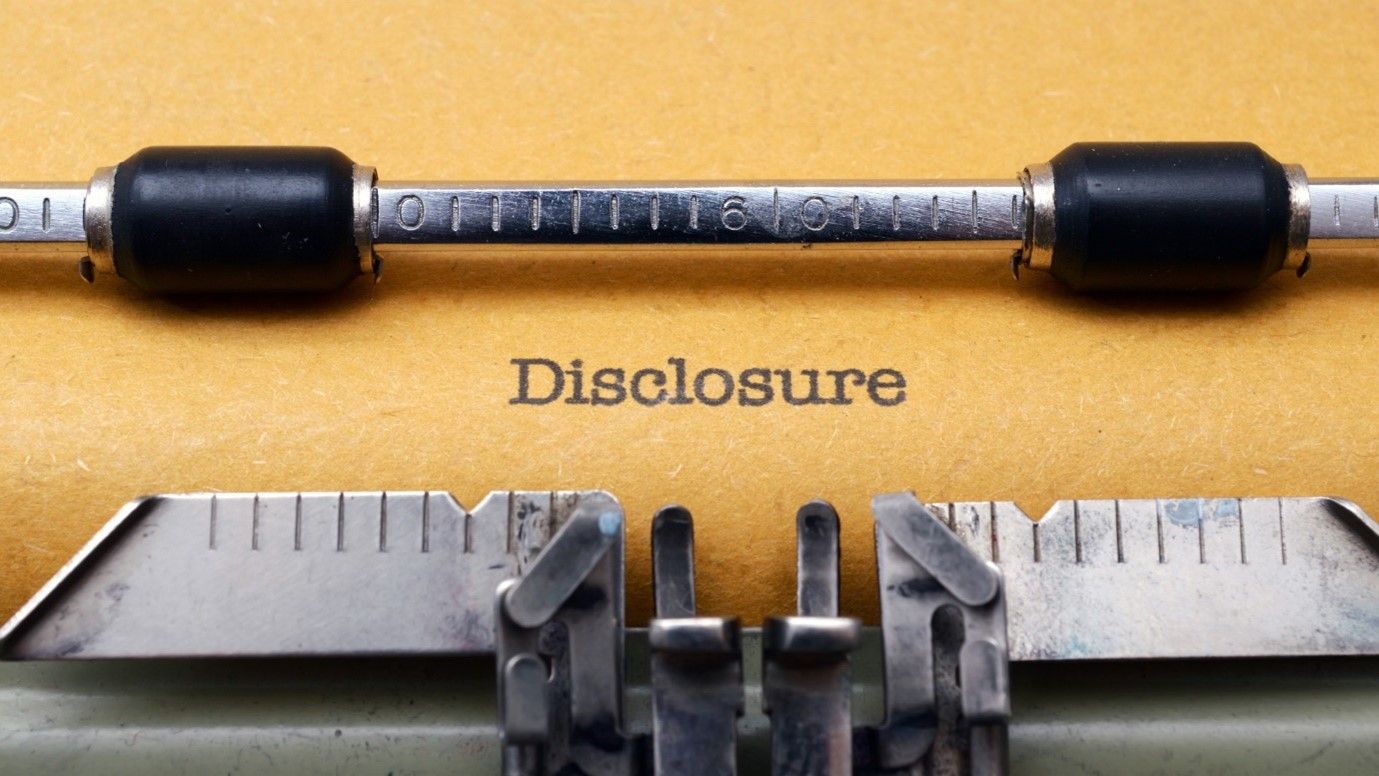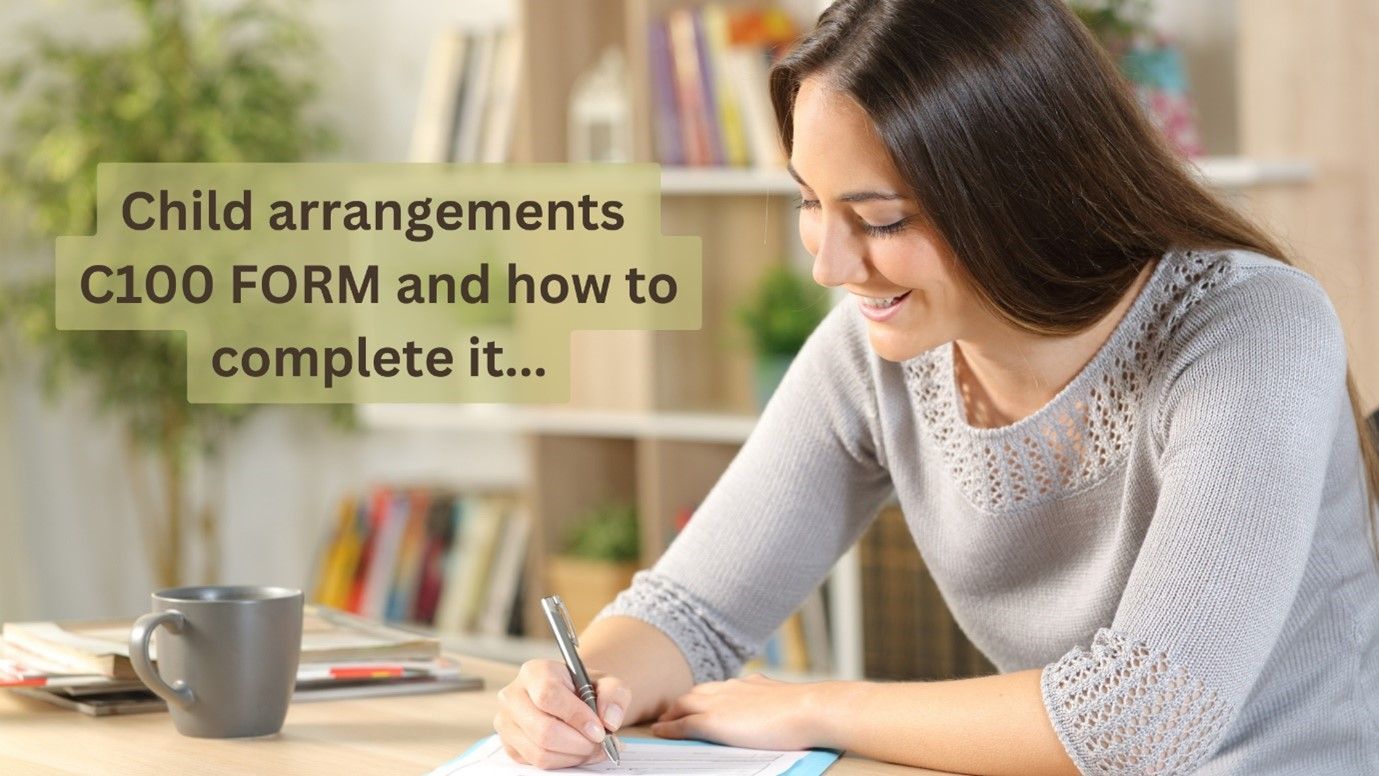This is a subtitle for your new post

When couples separate or divorce, the focus naturally must fall on children, finances, and property. But as a mediator, I now always ask: what about pets?
Under current UK law, there is no specific legislation relating to pets and so they are treated as chattels—defined as “anything tangible and movable that is not part of land or a building.” In other words, the law currently places pets in the same category as furniture, jewellery, or a car. But for anyone who’s ever loved a dog, cat, guinea pig or horse, that comparison may feel wildly inadequate.
Thankfully, that outdated approach is starting to shift. Conversations around pets on separation and pets on divorce are gaining real traction, in part due to the excellent work of the Working Group on Pets on Divorce and Separation. This group is advocating for greater clarity, consistency, and compassion in how pets are treated in both mediation and the courts—and their work is helping ensure pets are no longer just an afterthought when families restructure.
Why Pets Matter in Separation and Divorce
For many families, pets are more than animals—they’re companions, comforters, and emotional anchors during times of uncertainty. In mediation, I have witnessed how the question of who keeps the dog or what happens to the family cat can stir deeper emotions than any pension pot or property portfolio.
What do I need to think about when considering who gets the pet(s) upon divorce?
Each situation will of course be different and participants will know their personal circumstances and their pet’s preferences better than anyone.
If helpful, I might start by asking:
· Who is the pet emotionally bonded to?
· What does the pet’s daily routine look like?
· How might each person—and the pet—be impacted by the change?
Clients are often relieved to have this recognised. Some even admit they were embarrassed to raise it, fearing the issue wouldn’t be taken seriously. But it should be. These are living beings who form deep attachments—and those attachments matter in separation, especially when children are involved.
The Legal Landscape: Slowly Catching Up
Legal systems worldwide are starting to take note. In some countries, courts now consider the welfare of pets during divorce proceedings, and mediators are encouraged to include pet arrangements in parenting plans. There’s a growing push to move beyond viewing pets as property and instead consider them as part of the family dynamic.
In the UK, we’re not quite there yet. But family mediators can lead the way by ensuring pets are part of early conversations—not an emotional aftershock once everything else is settled… If this is a topic that is of interest to their clients.
Mediation: The Best Place to Talk About Pets
Mediation is uniquely placed to handle pet disputes with the nuance they deserve. Unlike the courts, which may apply strict legal definitions, mediation allows space for empathy, creativity, and dignity.
From shared pet care arrangements to making sure a child keeps contact with a beloved dog or guinea pig, Latitude Mediation can craft solutions that respect the emotional bonds involved.
Would I want to negotiate over my own dog, Digby? Absolutely not. But if I had to, I’d want someone who understands how important he is to me.
Final Thoughts: Let’s Talk Pets Early
So, whether you're navigating divorce with pets or co-parenting after separation with a shared cat, start the conversation early. Don’t wait until tensions rise or, worse, leave it to a court that may view your beloved animal no differently than a dining table.
Talk about it in mediation. We’re listening—and if you need moral support, Digby’s always ready to lend an ear.
For more information, contact us today to discuss how Mediation can work for you or book your Intake meeting (MIAM)
here.
Serena Davis –Mediator Latitude Mediation






















